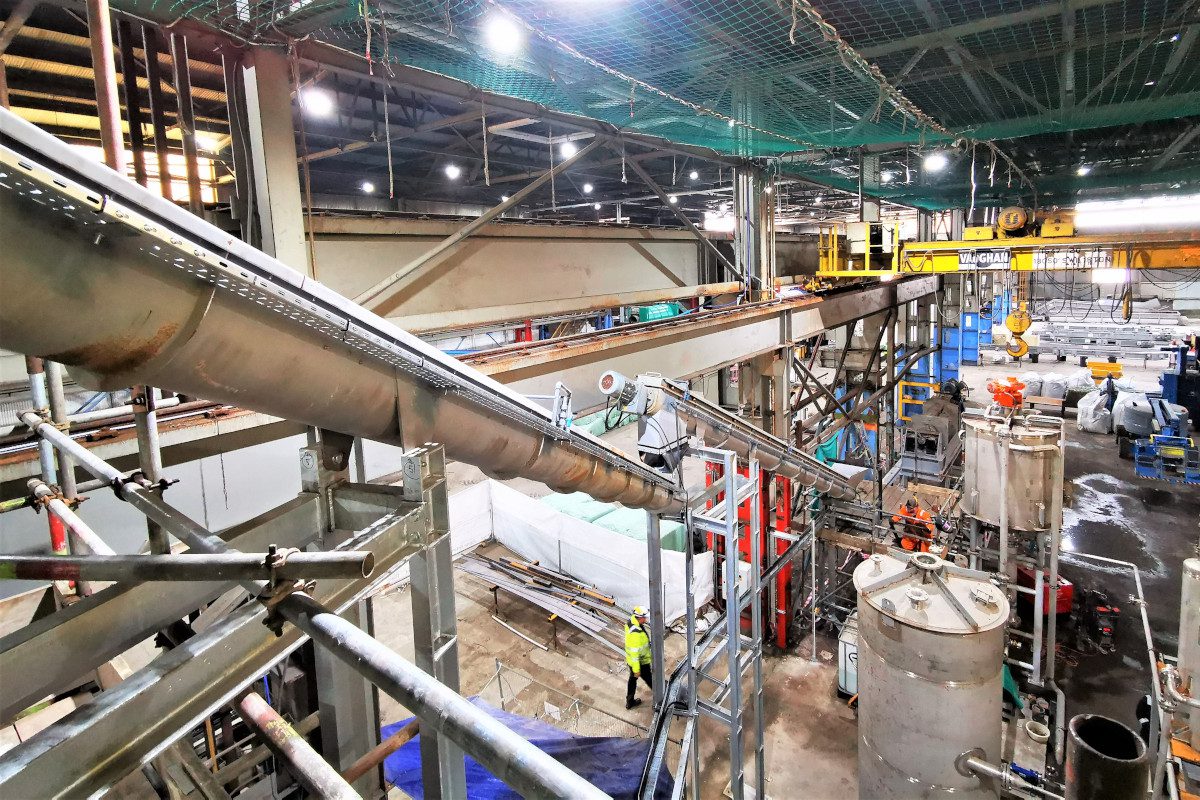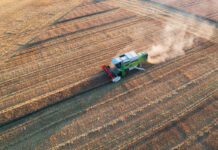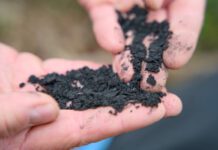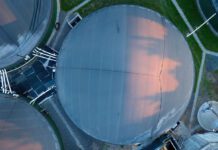
A UK-based demonstration plant that generates industrial biotechnology sugars and other recycled material streams from the paper and card in mixed household waste has come online in May 2022. The products will be used in the production of several high-performance bio-based materials.
The South Wales-based plant’s commissioning marks the next phase of the innovative VAMOS (Value Added Materials from Organic Waste Sugars) project, set up to examine the feasibility of innovative resource recovery techniques to use municipal waste as a raw material feedstock for the circular and bio-based economy.
The project’s 11-strong European consortium secured €6,984,813 funding from Circular bio-based Europe JU (formerly Bio Based Industries Joint Undertaking) under the European Union’s Horizon 2020 research and innovation programme.
The consortium includes five UK-based companies – Fiberight Ltd; project co-ordinators Oakdene Hollins Ltd; Aberystwyth University Royal Charter; Imperial College of Science, Technology and Medicine and Knauf Insulation Ltd, along with German companies EW Biotech GmbH and IFEU – Institute for Energy and Environmental Research, plus Celignis Ltd (Ireland); AEP Polymers SRL (Italy); Transfercenter fur Kunststofftechnik GmbH (Austria) and Novozymes A/S (Denmark). The Centre for Process Innovation UK is expected to join soon as a new project partner.
Next steps for the consortium are centred around making bio-based demonstrator products from sugars and solid residues for non-food applications in the construction, textile, furnishings and fast-moving consumer goods (FMCG) sectors.
Fiberight Ltd will now work towards providing tonne scale sugar samples to its partners for the next stage of R&D demonstration. The sugar will be tested within a thermoset resin binder and used as a fermentation feedstock to produce lactic acid and polylactic acid bioplastic.
“This stage marks the culmination of 10 years of R&D work and we’re now seeing real progress,” comments Nick Thompson, co-founder and Managing Director of Fiberight Ltd. “Scaling up our novel laboratory-scale process into an engineering design that will work has been challenging, so we are looking forward to operating and optimising the process further at scale.”
Activity being undertaken by the partners demonstrates how the VAMOS project aligns with the increased push towards both a circular and bio-based economy. By using municipal waste as a feedstock, the project’s goal is to reduce greenhouse gas emissions in producing new goods compared to fossil-based and/or virgin alternatives.
“Demonstrating this technology will showcase the potential to deploy this solution as a platform for bio-based sugars and other chemicals or materials such as lactic acid and polylactic acid (PLA). Building manufacturing capabilities in Europe will reduce the carbon footprint of shipping materials from cheaper producers, such as Asia,” adds Nick.
Activities by partners include:
- Development of a method for efficiently producing lactic acid from waste-derived sugars and technology to isolate lignin from residual solids after hydrolysis (Aberystwyth University, UK)
- Using residual solids and purified lignin to produce novel bio-based formulations for grouts, adhesives and epoxy resins. (AEP Polymers, Italy)
- Creation of polylactic acid (PLA) fibre composite products using fibres obtained through Fiberight’s HYDRACYCLE process. Showing good strength properties, these composites could be used for agricultural products such as protective covers, and storage and horticultural containers. (Imperial College, UK and TCKT, Germany)
- Performing lifecycle analysis assessing the carbon footprint and environmental impact of the VAMOS process. (IFEU, Germany)
Originally launched in September 2019 as a three-year project, VAMOS has overcome a number of Covid-related and material supply challenges to get back on track to deliver this significantly scaled demonstration facility.
Magnus Wiman, Head of Biomass Technology at Novozymes says: “Our vision of delivering competitive, sustainable, affordable and high-performance bio-based materials from low-value residual waste sugars is becoming a reality. It will be exciting to see the demonstration plant up and running. Watch this space!”







